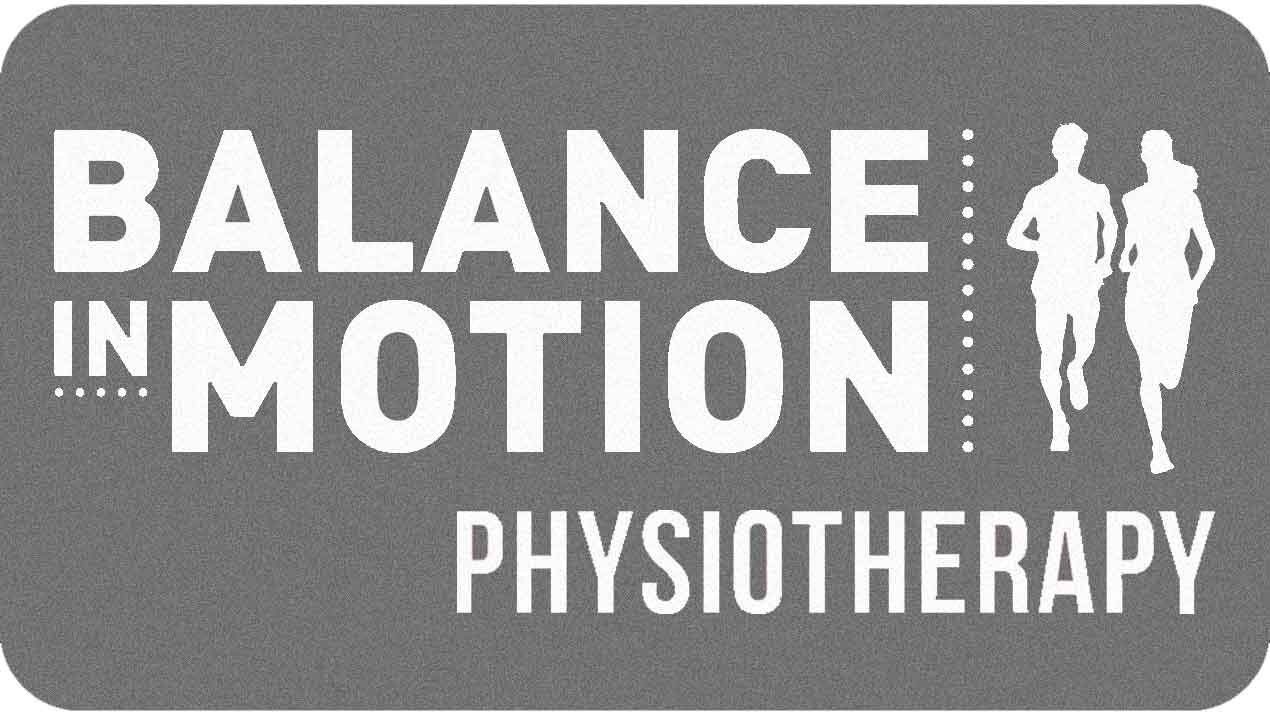Training for a Triathlon: When and Why to consult a Physiotherapist
/Training for a Triathlon: When and Why to consult a physiotherapist
Consulting a physiotherapist before starting triathlon training can be a great way to prevent injuries and optimise your performance. Here are some key situations when you should consider seeing one:
1. If You Have a History of Injuries or Pain
Past injuries (e.g., knee pain, lower back issues, or shin splints) can flare up with training. A physio can assess weaknesses and create a plan to prevent re-injury.
If you have chronic pain or discomfort, especially in weight-bearing joints (knees, hips, ankles), get checked before increasing your training load.
2. If You’re New to One or More Disciplines
If you’re not an experienced swimmer, cyclist, or runner, a physiotherapist can assess your movement patterns to prevent overuse injuries.
They can help with swim stroke mechanics, bike fitting, and running gait analysis to reduce strain and improve efficiency.
3. If You Experience Pain During or After Training
Soreness is normal, but sharp, persistent, or worsening pain is a red flag.
A physio can identify the root cause and help modify your training before it leads to serious injury.
4. If You Have Poor Flexibility or Mobility
Limited mobility (e.g., tight hamstrings, stiff shoulders) can affect your form and performance in all three sports.
A physiotherapist can design a mobility and strength routine tailored to your body’s needs.
5. If You Want to Improve Performance & Prevent Injuries
Even if you’re pain-free, a physio can help with strengthening weak muscles, improving core stability, and addressing imbalances to optimize your training.
This is especially useful if you’re training for longer distances like an Olympic, Half-Ironman, or full Ironman triathlon.
6. If You’re Unsure About Training Load & Recovery
A physiotherapist can help you balance training intensity, recovery, and cross-training to avoid burnout and injuries.
Bottom Line:
Seeing a physiotherapist before you start training can set a strong foundation, especially if you have previous injuries, mobility restrictions, or are new to one of the disciplines. If pain arises during training, don’t ignore it—consult a physio early to stay on track for race day!
Seb Hardy

